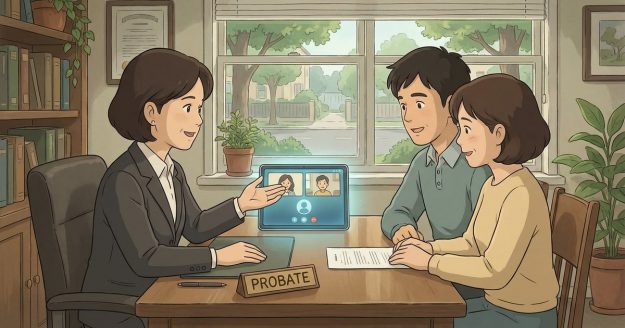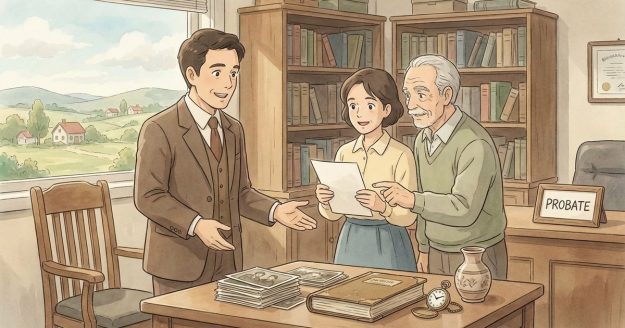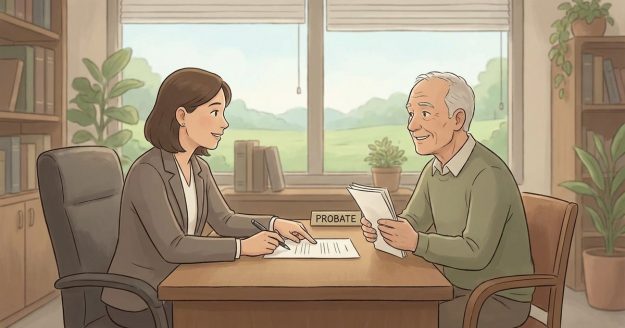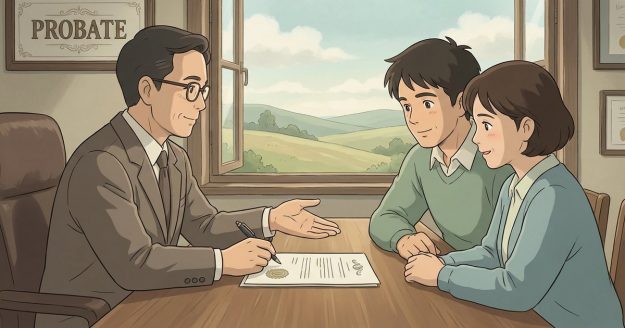What happens if an intestate heir says they never received notice that an estate was opened? nc
What happens if an intestate heir says they never received notice that an estate was opened? – North Carolina Short Answer In North Carolina, an intestate heir often does not receive automatic “court notice” just because an estate was opened. If an heir later claims no notice, the usual next step is to pull the…











